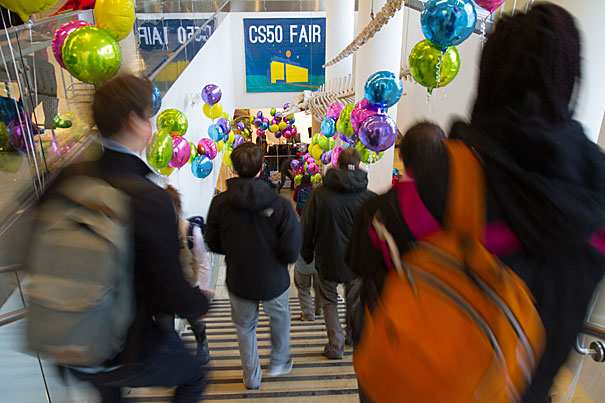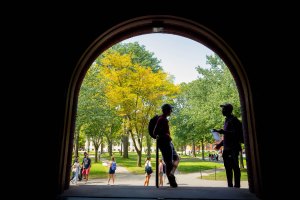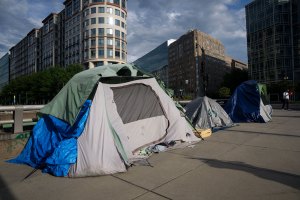Science & Tech
-

Cracking the code of why, when some choose to ‘self-handicap’
New research also offers hints for devising ways to stop students from creating obstacles to success

-
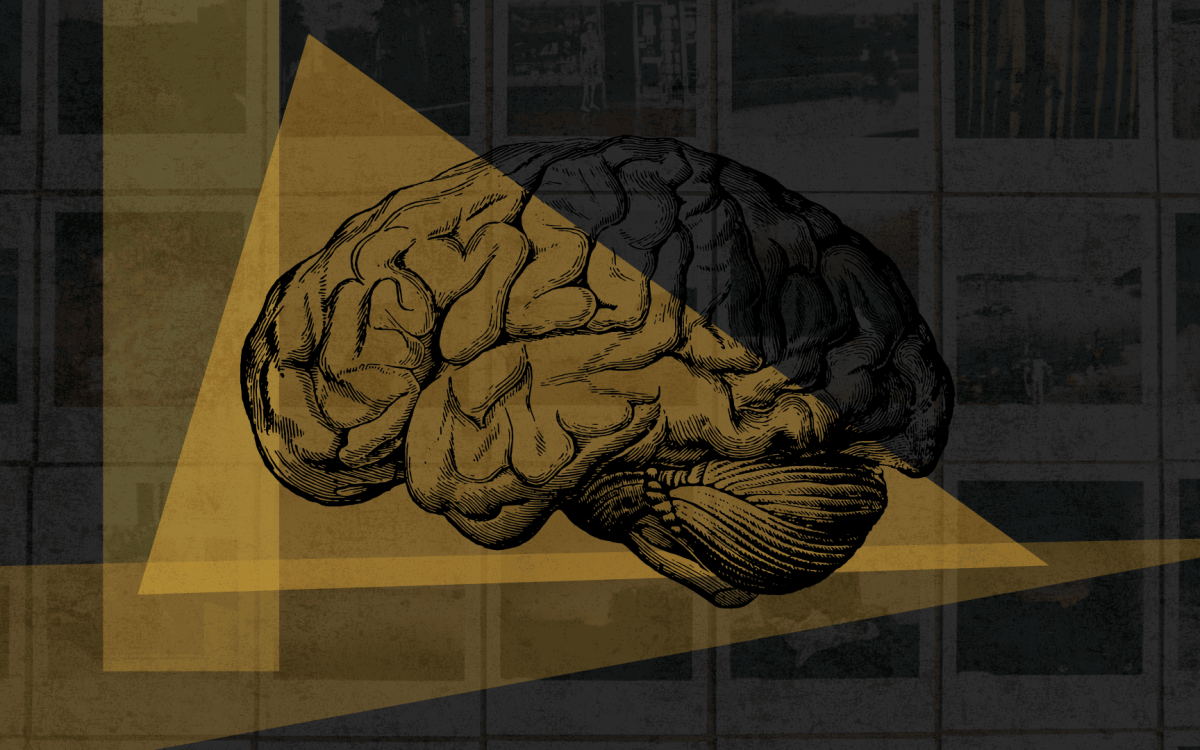
How memory works (and doesn’t)
In podcast, scientists explain why remembering is more reconstruction than replay
-

Mapping our deep-rooted relationship with medicinal plants
Regions with longer histories of human settlement tend to have greater variety, study finds
-
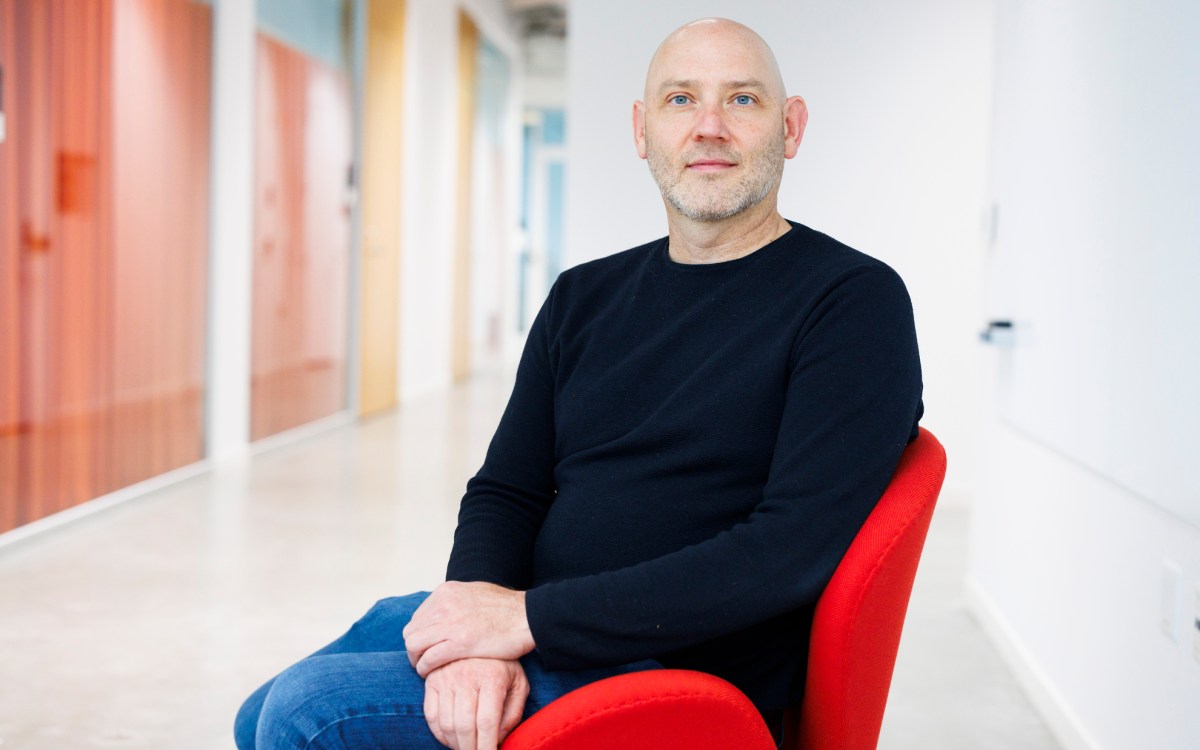
Technically, it’s possible. Ethically, it’s complicated.
Surge in AI use heightens demand for Harvard program that examines social consequences of computer science work
-
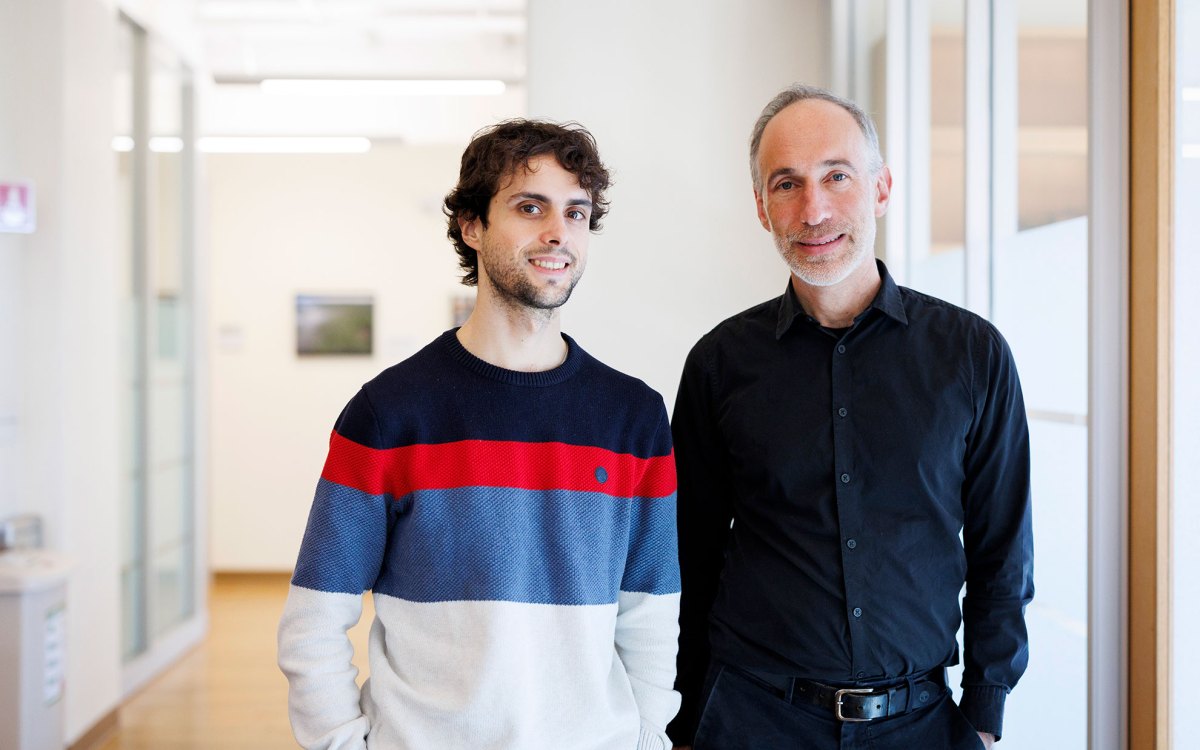
Solving mystery at tip of South America
Study finds previously unknown ancient lineage of indigenous people, which gave rise to surprisingly diverse mix of cultures

-
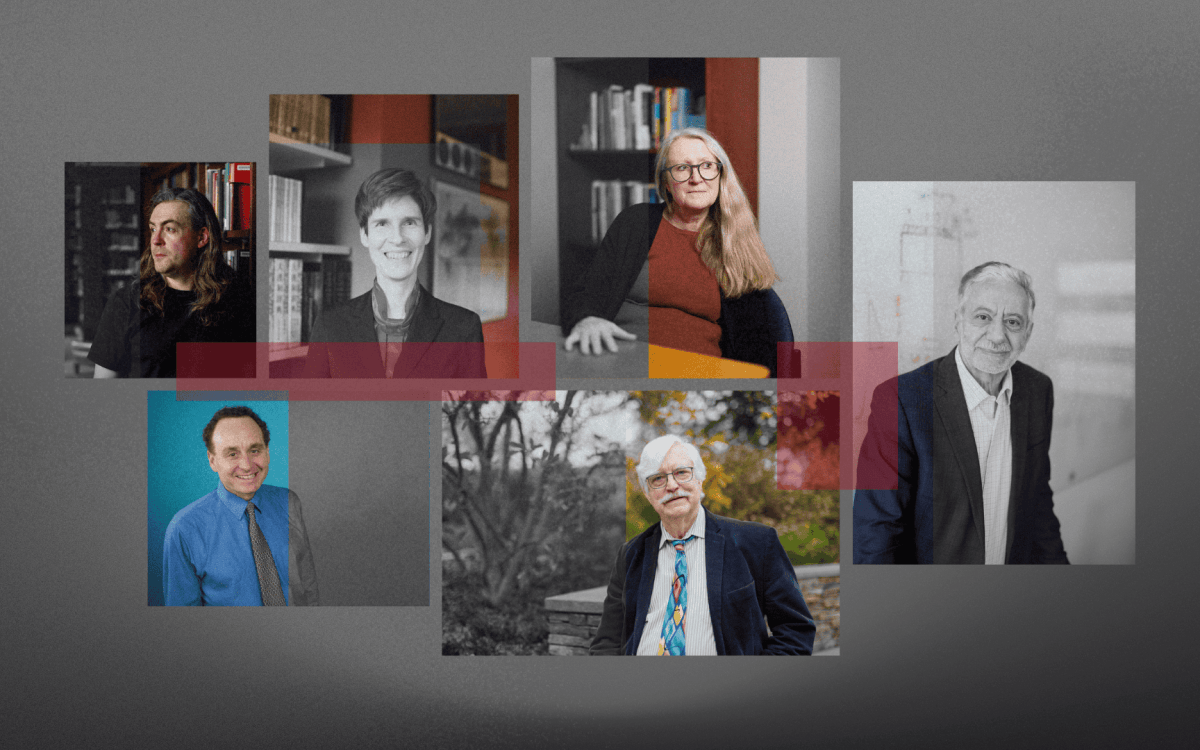
Is AI dulling our minds?
Experts weigh in on whether tech poses threat to critical thinking, pointing to cautionary tales in use of other cognitive labor tools
-
Grasping with the eyes
A symposium on data visualization brought together experts from campus and beyond to show how technology in the arts, sciences, and humanities is helping people think in new ways.
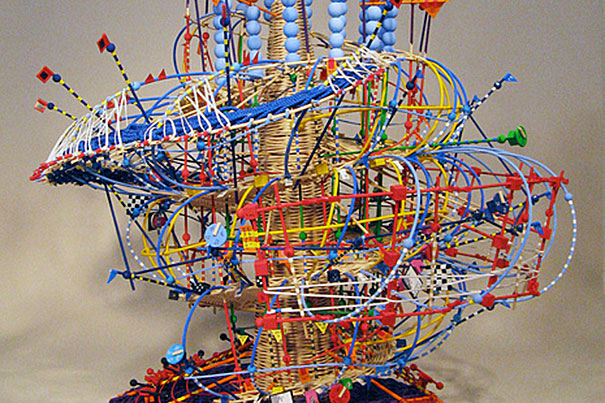
-
Bringing order to the court
New Harvard research points to a sharper method for evaluating basketball players.
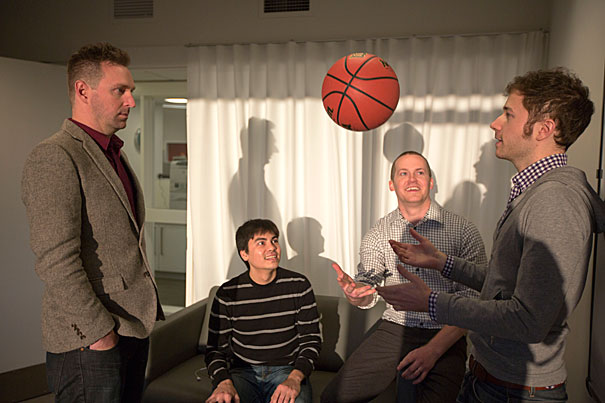
-
Heads for steel
In the Instructional Physics/SEAS Instrument Lab, a machine shop tucked in the basement of Lyman Laboratory, students learn to use a range of equipment — everything from lathes to laser cutters to 3-D printers.
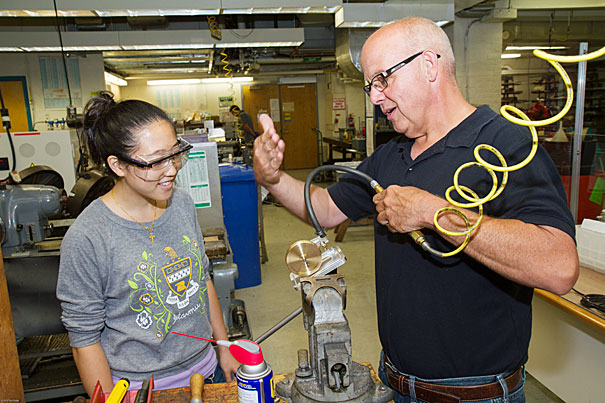
-
Negative plus
Led by Professor David Liu, a team of researchers has developed a technique to continuously evolve biomolecules that uses negative selection — the ability to drive evolution away from certain traits — to create molecules with dramatically altered properties.
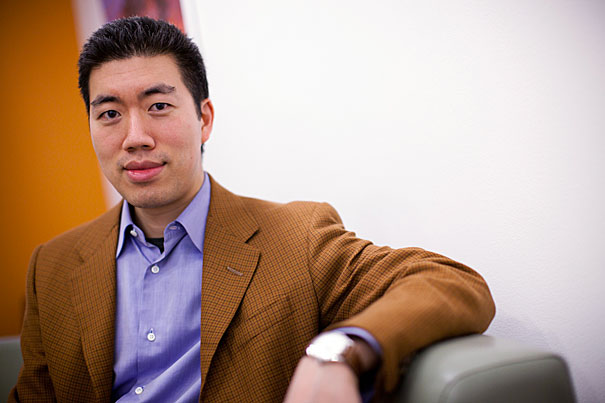
-
Sizing up the Big Bang
Four experts, including Nobel Prize winner Robert Wilson, came together for a CfA program titled “50 Years After the Discovery of the Big Bang.”
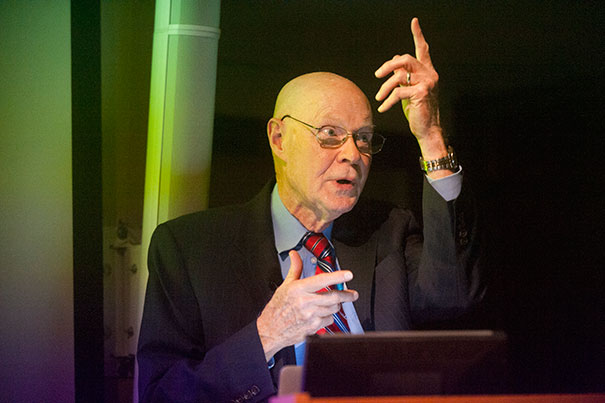
-
Out of disaster, a new design
A team of students from Harvard’s Graduate School of Design, just back from Japan, took home first prize in an international competition for solutions to sustainable recovery in a region of Japan devastated by a triple disaster in 2011.
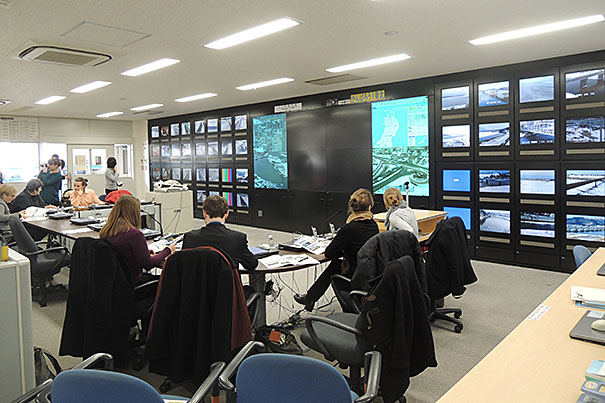
-
Curves alter crystallization, study finds
A new study has uncovered a previously unseen phenomenon — that curved surfaces can dramatically alter the shape of crystals as they form.
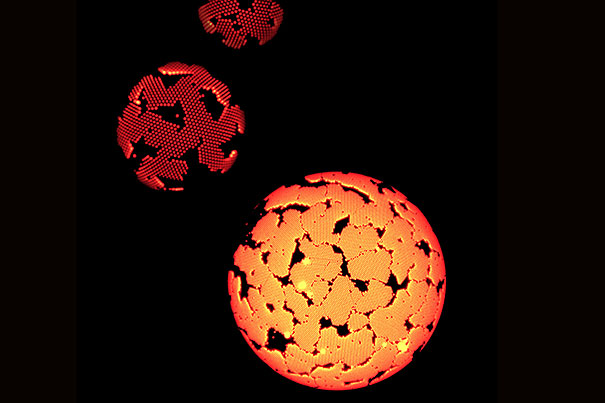
-
Science vs. politics
The ongoing debate over climate change is a political one, not a scientific one, panelists at the Harvard Kennedy School said.
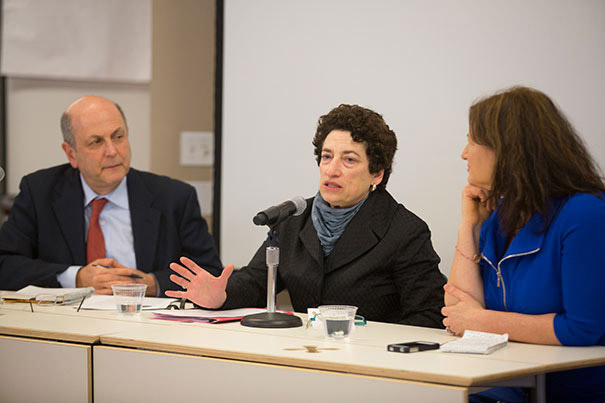
-
Robots to the rescue
Inspired by termites’ resilience and collective intelligence, a team of computer scientists and engineers at the Harvard School of Engineering and Applied Sciences and the Wyss Institute for Biologically Inspired Engineering at Harvard University has created an autonomous robotic construction crew. The system needs no supervisor, just simple robots that cooperate.
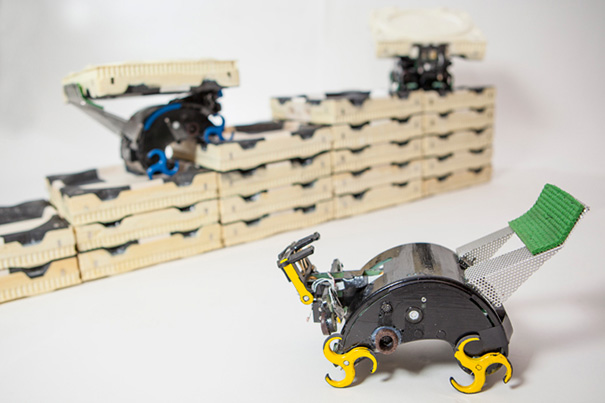
-
Closing the gender gap in computer science
Young women studying computer science were introduced to a group of potential role models as part of a weekend conference at the School of Engineering and Applied Sciences. The event, organized by Harvard Women in Computer Science, drew some of the most successful women in the field.
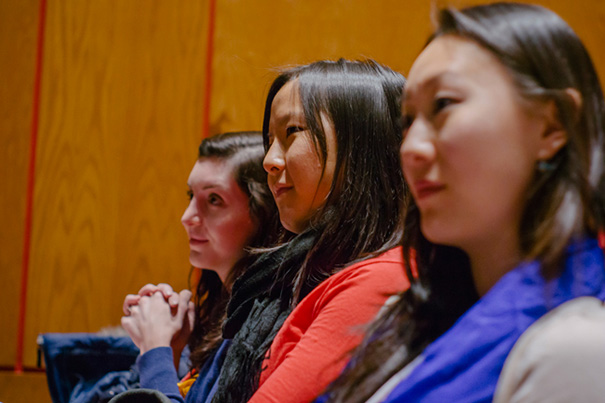
-
Love, it’s a battlefield
With the approach of Valentine’s Day, Harvard experts discuss expectations and students reveal their plans.
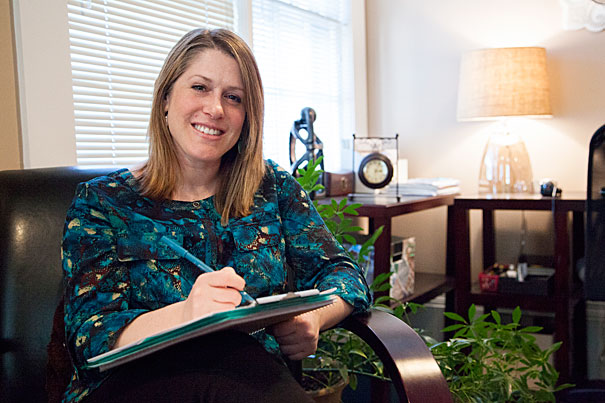
-
Surviving Valentine’s Day after a breakup
Shiri Cohen’s tips for surviving Valentine’s Day after a breakup.
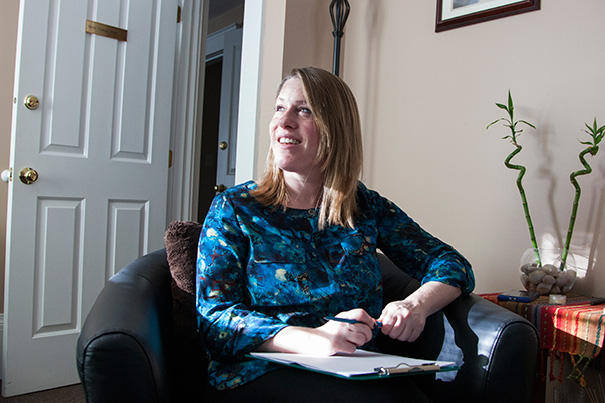
-
A decidedly mixed bag
A new research paper from Harvard Business School says food shoppers who bring their own bags are more likely than those who use disposables to buy healthy organic goods, but also treats like ice cream and chips.
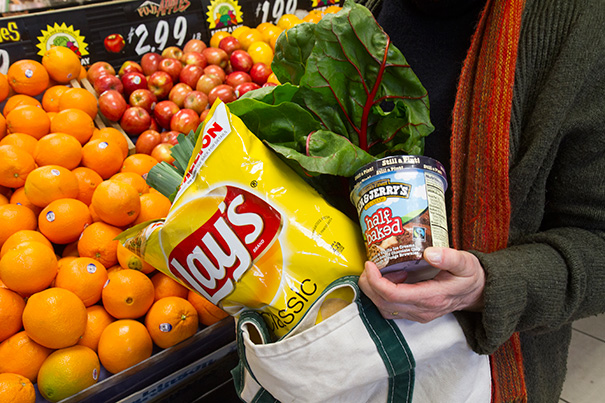
-
Sharper image
Harvard’s Wyss Institute has found a new DNA-based, super-resolution microscopy method that could simultaneously spot dozens of distinct types of biomolecules. This could potentially lead to new ways to diagnose disease, track its prognosis, or monitor the effectiveness of therapies at a cellular level.
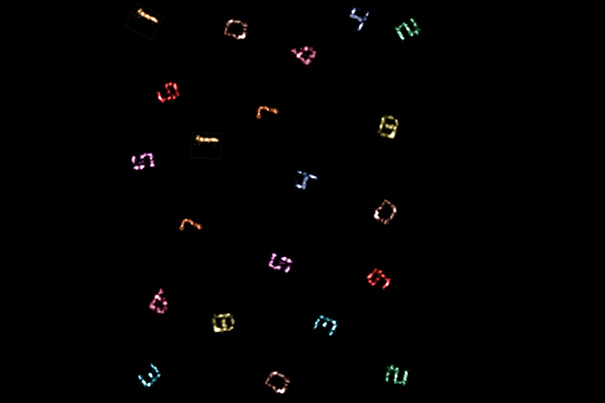
-
Mars rover, slightly used, runs fine
Originally scheduled to operate on the Red Planet’s surface for 90 Martian days, the rover Opportunity has now logged more than 3,500 days, traveled nearly 39 kilometers, and collected a trove of data that scientists have used to study the planet’s early history, particularly any past traces of water.
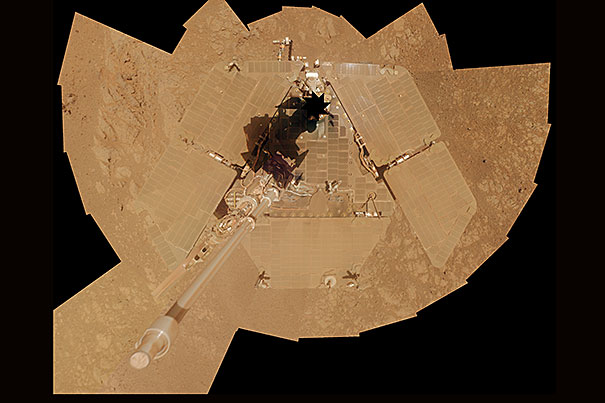
-
A lab focused on healing
Robert Langer of MIT shared his hopes for bioengineering in a talk at Radcliffe.
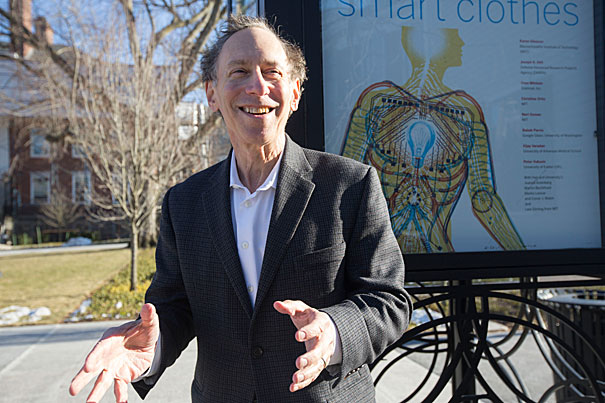
-
The promise of ‘big data’
Harvard symposium embraces the goals and challenges of collecting and processing massive amounts of information on key complex issues.
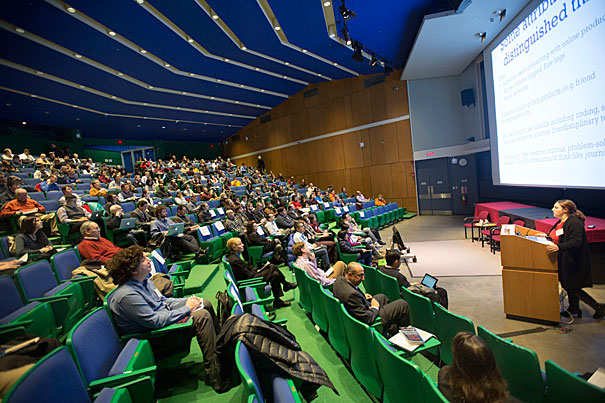
-
Architectural fever dreams
Master’s degree students in architecture present thesis topics in a traditional daylong January event that draws critical crossfire and praise.
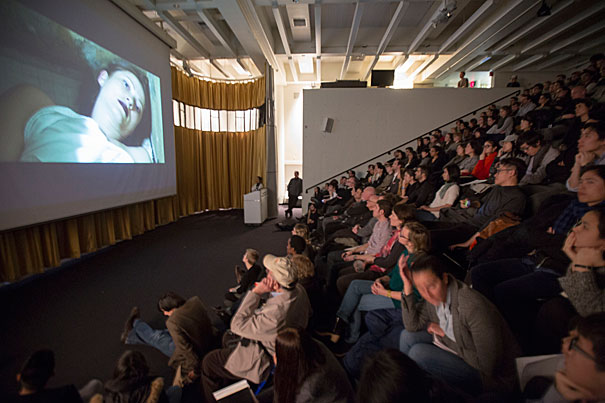
-
An ocean of concern
A group of students from Harvard and Brazil toured the Deer Island sewage-treatment plant as part of a two-week program to investigate how cities adapt to seas rising due to climate change.
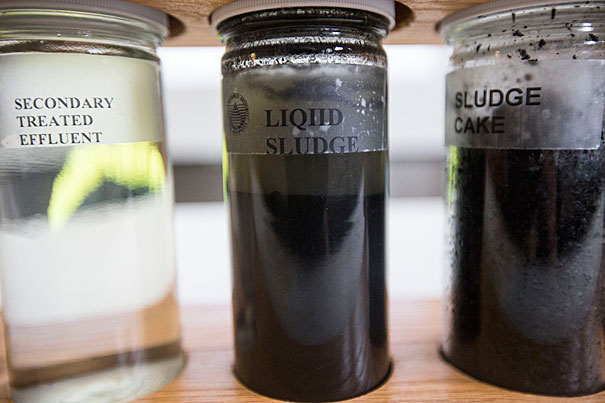
-
Warmth from the woods
At the 3,700-acre Harvard Forest, three wood-fired boilers are providing scientists with a new tool to expand their understanding of climate change, while generating sustainable energy as well.
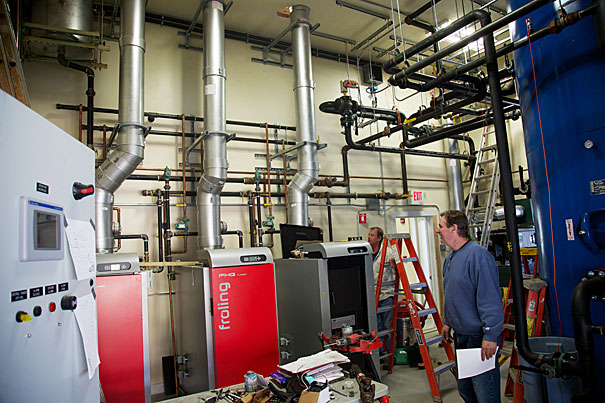
-
Explaining the Higgs
A Q&A with science Professor Lisa Randall, author of a new book explaining the significance of the Higgs boson, and why its discovery matters.
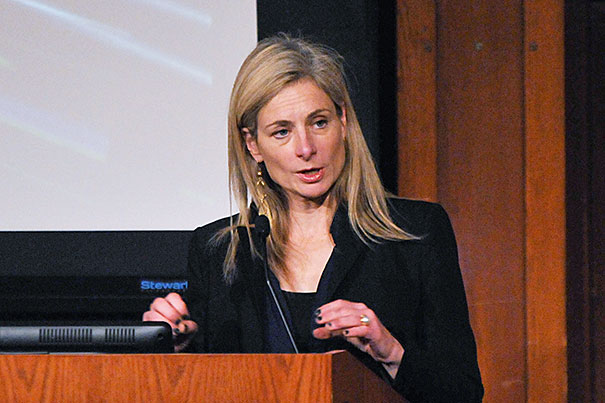
-
Rethinking the roots of altruism
In a new study, Harvard researchers find that inclusive fitness — for decades a standard tool in understanding how altruism evolved — often leads to incorrect conclusions.
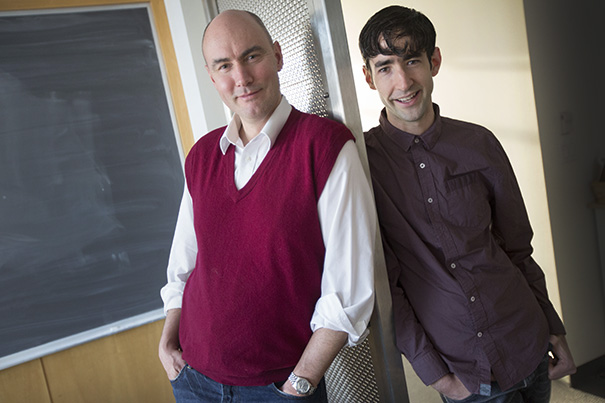
-
Measuring electrons
In making the most precise measurements ever of the shape of electrons, Harvard and Yale scientists have raised serious doubts about several popular theories of what lies beyond the Higgs boson.
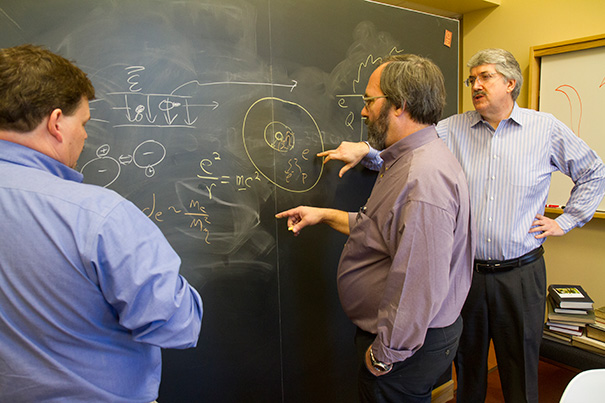
-
Battery offers renewable energy breakthrough
A team of Harvard scientists and engineers has demonstrated a new type of battery that could fundamentally transform the way electricity is stored on the grid, making power from renewable energy sources such as wind and sun far more economical and reliable.
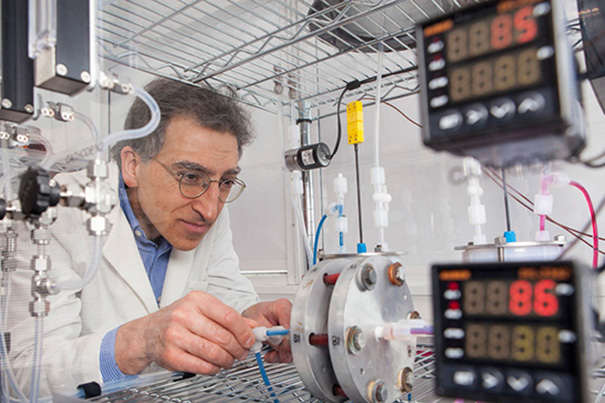
-
Following the weather
From the violence of Jupiter’s Great Red Spot to Earth’s own extreme weather, Ziff Environmental Fellow Pedram Hassanzadeh is investigating atmospheric vortices, those swirling air masses that make the weather go — and sometimes make it stop.
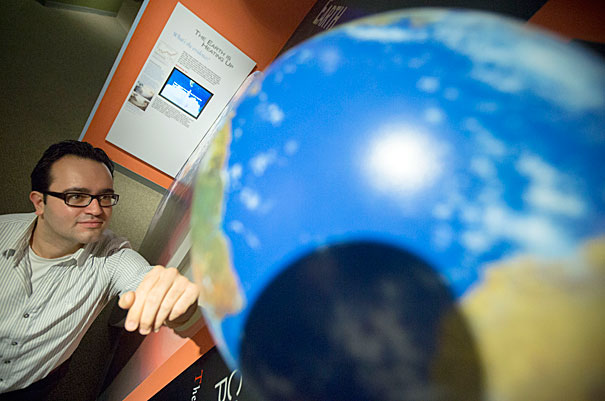
-
Carbon tax for China?
A new book by the Harvard China Project examines air pollution and greenhouse gas emissions in the world’s largest nation, and uses both science and economics to propose possible solutions.
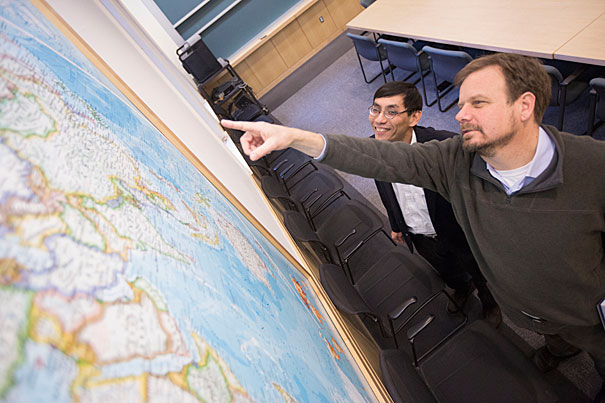
-
Seeing the forest for the trees
Harvard Forest researchers, together with state officials and representatives of conservation groups, are proposing a Massachusetts forest plan that increases both conservation and logging, while carefully focusing development to conserve as many large tracts as possible.
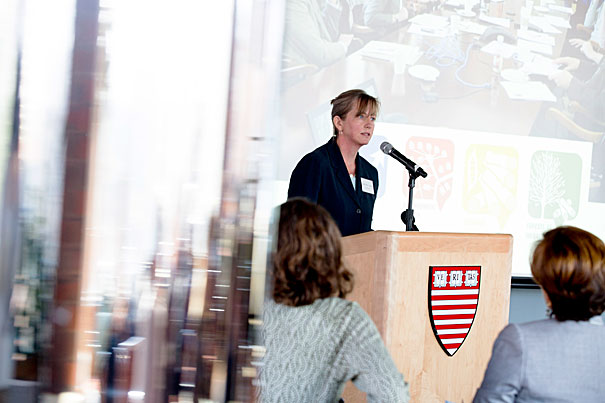
-
Muting the Mozart effect
Though it has been embraced by everyone from advocates for arts education to parents hoping to encourage their kids to stick with piano lessons, two new studies conducted by Harvard researchers show no effect of music training on the cognitive abilities of young children.
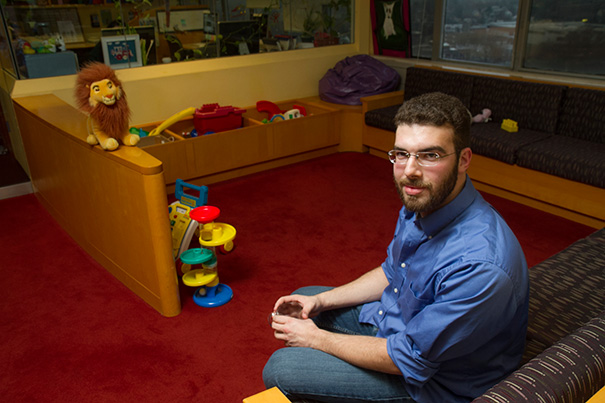
-
That thing attached to your hand? It might be doomed
With some predicting the demise of the smartphone, Professor Woodward Yang spoke to the Gazette about near and far prospects in personal tech.
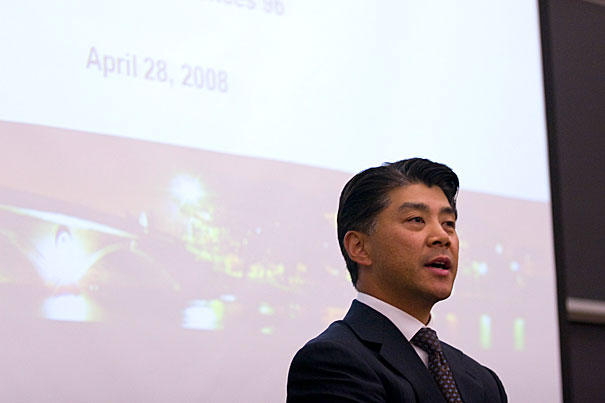
-
Creative, useful, and fun
From a “Bad Basketball” fantasy league to software that helps partygoers communicate with DJs, students at Harvard’s introductory computer science course created a wide array of programs on display during the annual fair.
